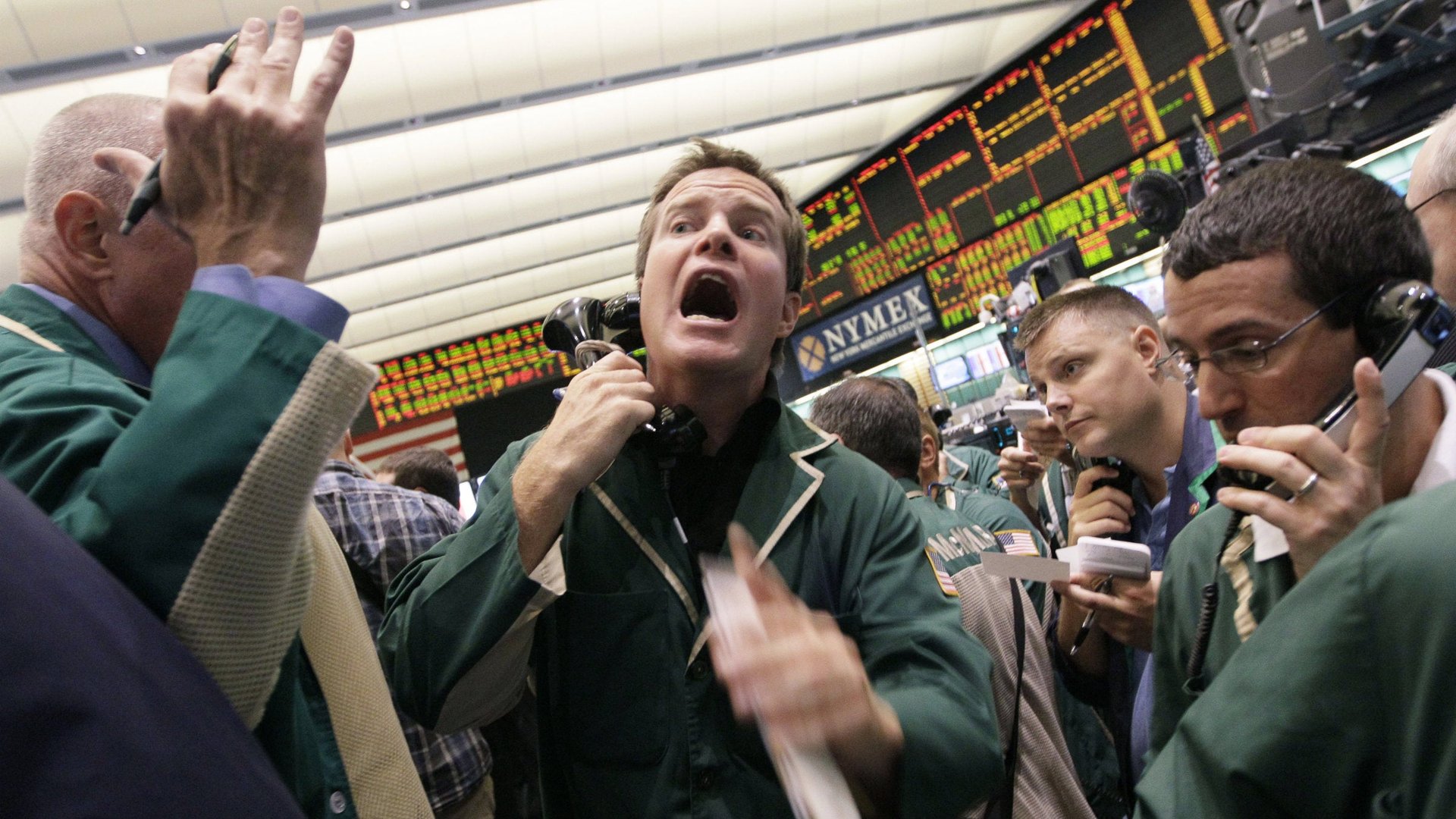Research: Traders love a winner’s tale and ignore the cautionary ones
Your buddy bragging online about her huge investing returns probably sounds like she’s having a good run, but what do you do with that information?


Your buddy bragging online about her huge investing returns probably sounds like she’s having a good run, but what do you do with that information?
In a working paper released Monday (Oct. 19), researchers Rawley Heimer of the Cleveland Fed and Berkeley Research Group’s David Simon used data from a retail trading website to figure out just how much social interaction influences traders.
Heimer and Simon used data from a currency trading website code-named myForexBook, which connects to users’ brokerage accounts. Tracking both messages to other traders on the site and positions made in their accounts, the pair’s data set covered the activity of about 3,100 retail foreign exchange investors.
They found that when traders did well, peers in their social networks started trading more—an average of 20% more trades a week.
“Individuals prefer to broadcast their investment successes, while remaining silent after losses,” note the researchers in their paper. “The better the performance of traders who talk, the more likely the recipients of communication are to adopt similar trading strategies.”
One of the traders they observed became one of the site’s most successful users after making more than $72,000 in a single week in Nov. 2009. In that time, he sent more than double his usual number of messages, contacting 128 fellow traders who in turn increased their own trading by 30% the next week.
Heimer and Simon observed no drop off in peer trading frequency when traders suffered losses, likely because of the tendency to keep mum when things aren’t going well. ”All told, the empirical evidence leaves little room for alternative interpretations: individual investors trade more in response to the positive returns of others, while negative peer returns are ignored,” the paper’s authors concluded.
The paper is just a preliminary study, but it’s a fascinating early glimpse at how social networks may change the way we trade, for better or for worse. The authors say that nearly ten new English-language networks have sprung up for traders since they began their research, while more established sites are already changing the digital culture and language around finance. One well known hive-mind of day-traders and armchair pundits known as StockTwits, for example, claims to have originated the so-called “cash tag.”